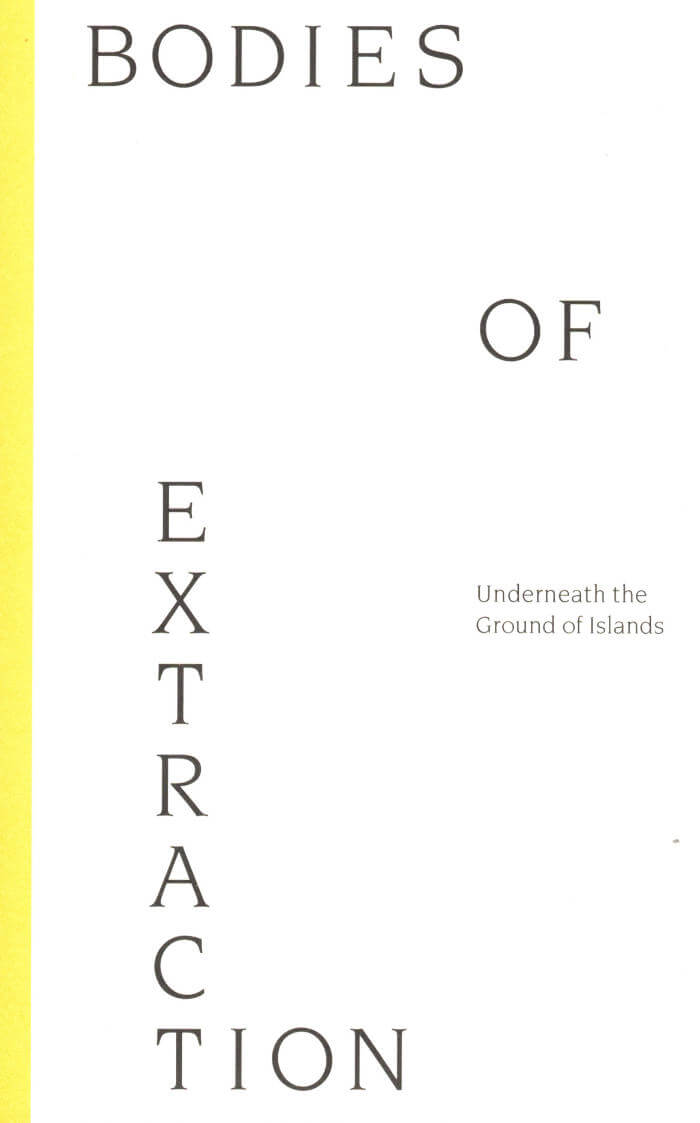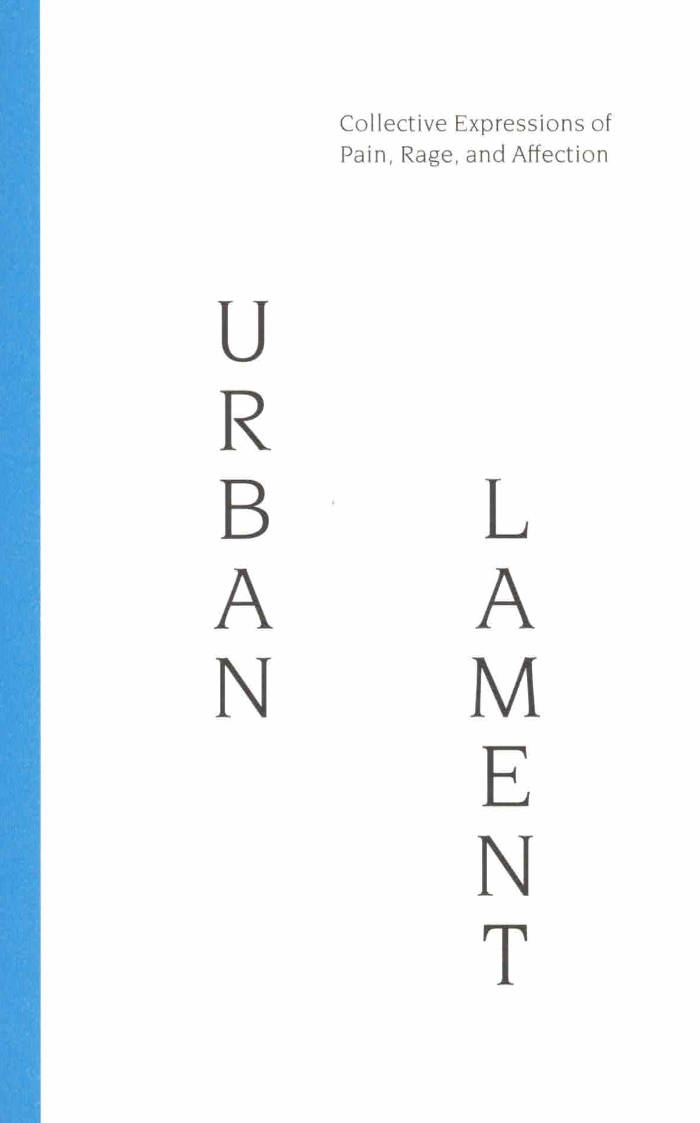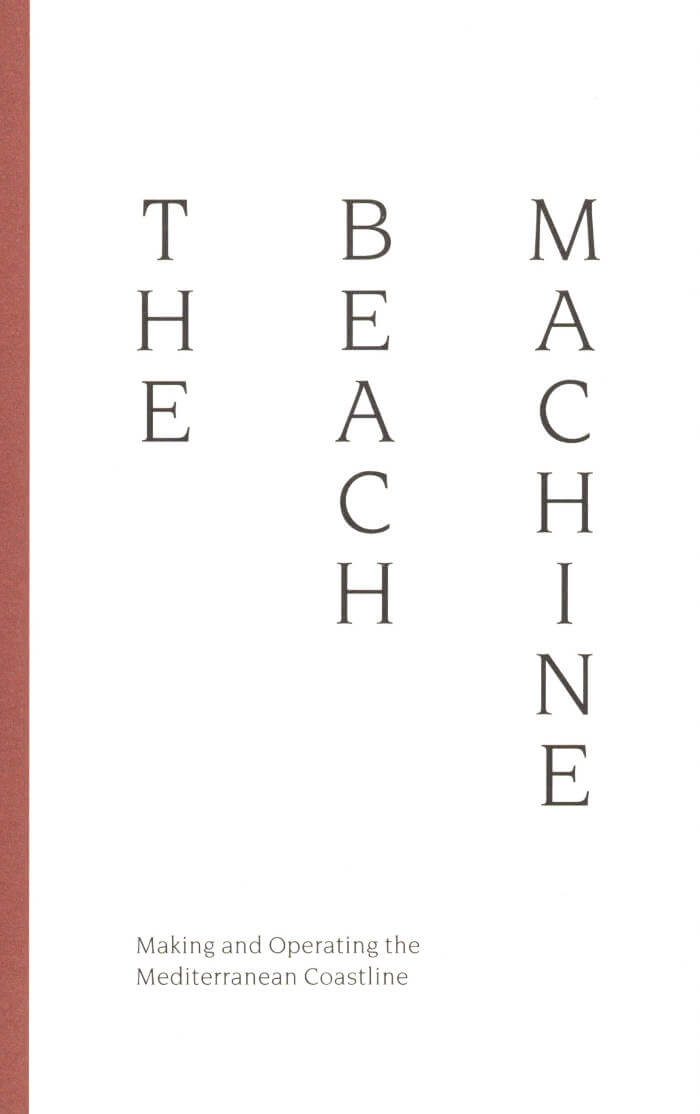
Architectures of Healing
David Bergé ed.
Today, many feel fettered by insomnia, untouchability, and restrictions on movement. Looking for a more holistic approach to bodily and mental health, this book explores architectures and elementary forms of care and healing in different time periods: from the powers of sleep, touch, and travel in Asklepieia, the ancient healing temples for divine dream encounters alleviating the pain of the ailing pilgrim; to the attentiveness carried through the healing touch from the establishment of Byzantine hospitals till our times; to a pilgrimage center in modern-day Lesbos on a personal search for healing from the traumas of war and patriarchy; to the liberating and self-preserving powers of sleep as a healing response to past and current systems of oppression.







